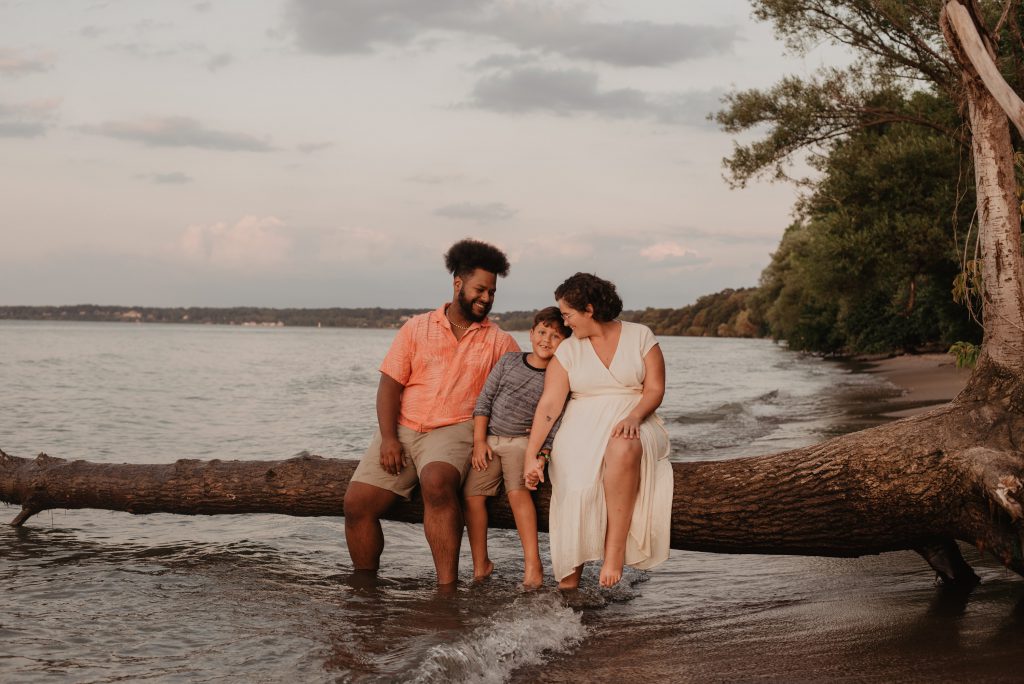5 easy steps to adoption

1
Get in touch
Contact us by phone, email or text. We’ll get back to you quickly to move onto the next step!
2
We'll do an intake
This helps us understand everything that we need to get your case moving.
3
Sign the paperwork
After we sort through your information and gather all your documents, we’ll meet you at your home or our office to review and sign. Next step is submitting them to the court!
4
We'll submit your request to the court
At this phase, we file everything with the court. If any parties need more documentation, we’ll be in contact with you quickly to help you gather the information we need.
5
The court assigns you a hearing date
After the court reviews your paperwork, they will assign you an adoption hearing date. We’ll contact you to prepare you with everything you need to have a joyful adoption hearing.
Attend the hearing and get your adoption granted!
Let's get the process started!
Frequently Asked Questions
If I am married do I have to adopt with my spouse? Or if we are adopting together is there a certain amount of time we must be married to adopt?
Must I be certified to adopt? If so how long does that take?
You also do not have to be certified to adopt if you are a licensed foster parent.
You do not have to be certified to adopt if you have adopted a child within three years preceding the current application and are applying to adopt another child. However, the department, the agency or an entity contracted by the department or a person designated by the court will need to conduct an investigation and provide an updated report on any changes in circumstances that have occurred since the previous certification.
The certification process can take up to 6 months to a year. However, every case is different and certification can be sooner or later than that time frame.
What kinds of issues can delay my adoption?
If there are errors on the final Order Terminating Parental Rights can also delay an adoption. Often names or dates of births of the parties are listed incorrectly or paternity issues are not resolved and those issues must be corrected prior to an adoption hearing.
Delays in receiving fingerprint results or fingerprint clearance cards can delay an adoption. Every adult in the home must have either submitted their fingerprints to the court with the results received and approved by the court or applied and received a fingerprint clearance card prior to an adoption hearing.
Our office can assist you in obtaining your fingerprint clearance card. Please note that the typical processing time by the Department of Public Safety is 4 to 6 weeks but can be longer if a person has any sort of criminal record or if DPS is processing a high volume of applications. It is best to apply for a card at the beginning of the adoption process.
What items does my DCS case manager need to submit?
The assigned adoption case managers must ensure that the Department’s Consent has been filed. Since the child is in the legal custody of DCS, the Department must consent to the adoption in writing. The case manager will also turn in the home study for the adoption and the DCSCR. These two documents are basically to prove fitness to adopt.
It is also essential that the adoption subsidy paperwork has been submitted and approved before the adoption hearing. The adoption subsidy must be approved before the hearing can take place.
It is important to note that the adoption case managers are all very knowledgeable of the process and experienced. We rarely have any issues regarding the documentation needed by the Department.
Does my child need to be present at the adoption hearing? Does my child need to say if he/she agrees to be adopted?
If I am adopting a Native American Child are there any special requirements?
Does and ICPC adoption (for parents that live outside the state of Arizona) take longer?
Will my home need to be visited or a home study need to be completed?
In both a severance and adoption, the statutes require that a social study be conducted. However, in some cases this requirement can be waived. The court decides if it is appropriate to waive the social study. If the court declines to the waive the social study, an organization that is qualified to conduct a social study will need to be contracted. Social studies generally cost $500 to $1000.
